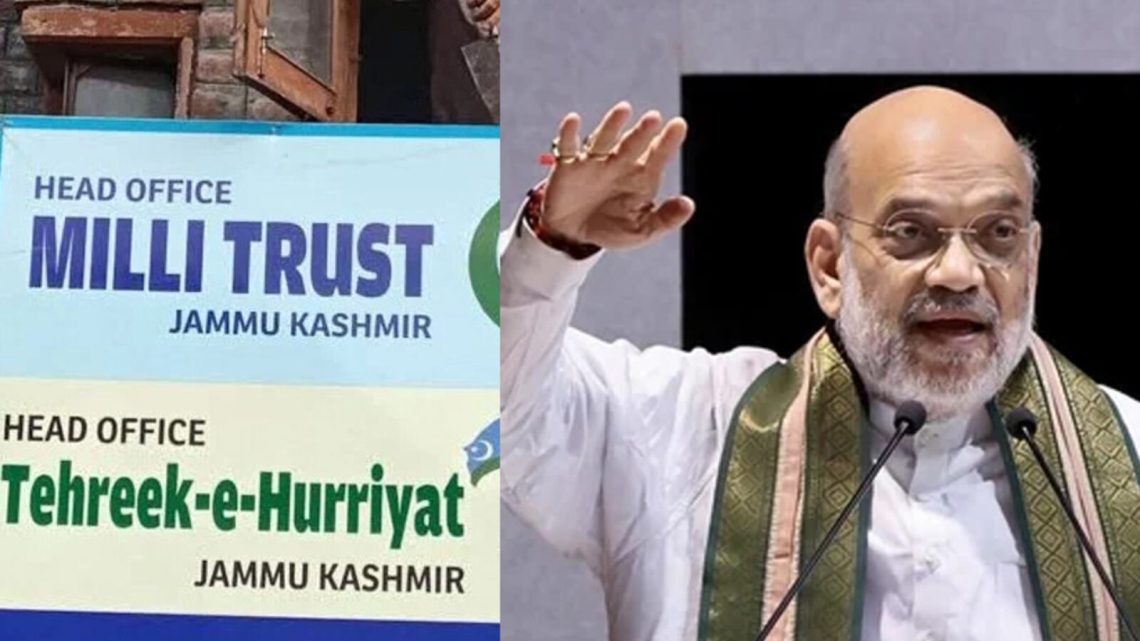
Indian Authorities Banned Tehreek-e-Hurriyat J&K: A Controversial Move under UAPA
January 1, 2024 Off By Sharp MediaIn a controversial move, the authorities in Indian illegally occupied Jammu and Kashmir have extended the ban on Tehreek-e-Hurriyat Jammu and Kashmir for five years, citing violations of the Unlawful Activities (Prevention) Act (UAPA). This decision comes in the wake of a series of bans on various political and religious organizations in an attempt to quell the Kashmir freedom movement.
According to reports, Indian Home Minister Amit Shah took to the social media platform “X” to announce the ban, alleging that the organization has been engaged in activities aimed at the secession of Jammu and Kashmir from India. Shah further accused Tehreek-e-Hurriyat of striving to establish Islamic rule in the region, activities deemed prohibited under the UAPA.
Highlighting the government’s perspective, Shah emphasized that the group is actively involved in anti-India propaganda and terrorist activities, fueling separatism in Jammu and Kashmir. He underscored that such actions are in direct violation of Prime Minister Modi’s zero-tolerance policy against terrorism, asserting that any individual or organization found participating in anti-India activities would face immediate intervention.
It is worth noting that this ban follows the earlier prohibition of several other political entities, including the Democratic Freedom Party, Jamaat-e-Islami, Jammu and Kashmir Liberation Front, and Jammu and Kashmir Muslim League. The government’s decision to suppress these organizations is viewed by some as an effort to curb the Kashmir freedom movement within the occupied territory.
The move has sparked a debate on the legality and fairness of employing the UAPA to curb political dissent. Critics argue that such measures infringe upon the fundamental right to freedom of expression and association, raising concerns about the erosion of democratic values. Moreover, the broad categorization of activities as “anti-India” or “secessionist” has been questioned for its potential misuse to stifle legitimate political opposition.
International human rights organizations have expressed reservations about the Indian government’s handling of dissent in Jammu and Kashmir. They contend that the use of stringent laws to curtail political activities may exacerbate tensions in the region and hinder the prospects of a peaceful resolution to the long-standing Kashmir conflict.
As the authorities extend their crackdown on organizations allegedly linked to separatist activities, the situation in the region remains tense. The ban on Tehreek-e-Hurriyat Jammu and Kashmir raises questions about the balance between national security concerns and the preservation of democratic principles, shedding light on the complexities surrounding the Kashmir issue and the measures taken to address it.

